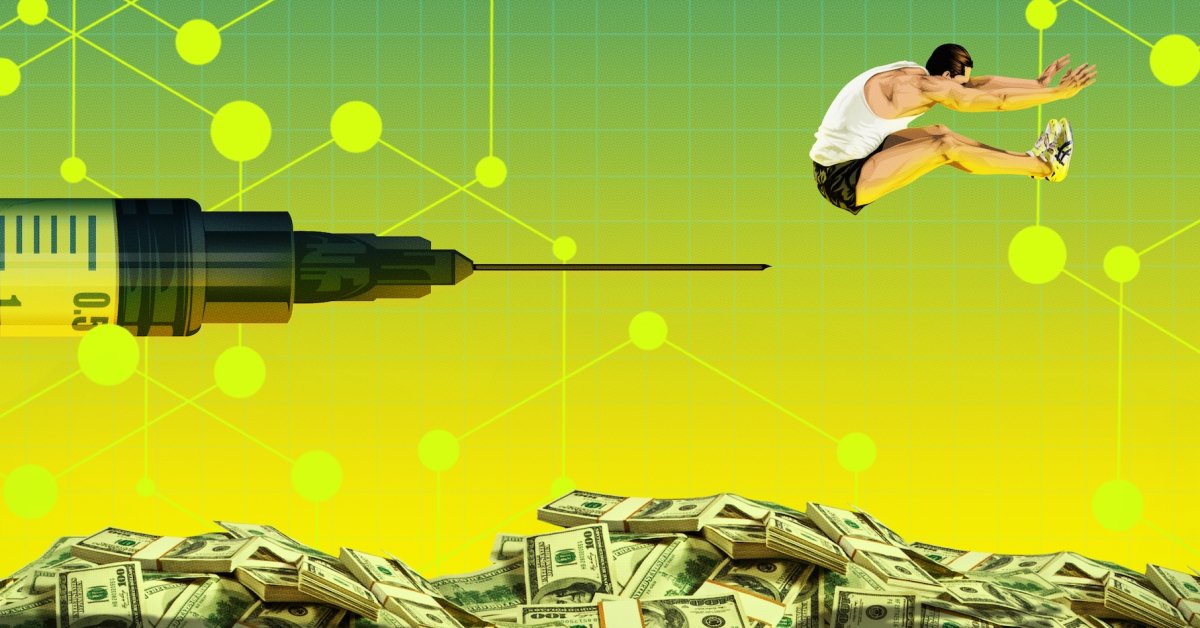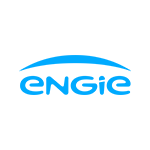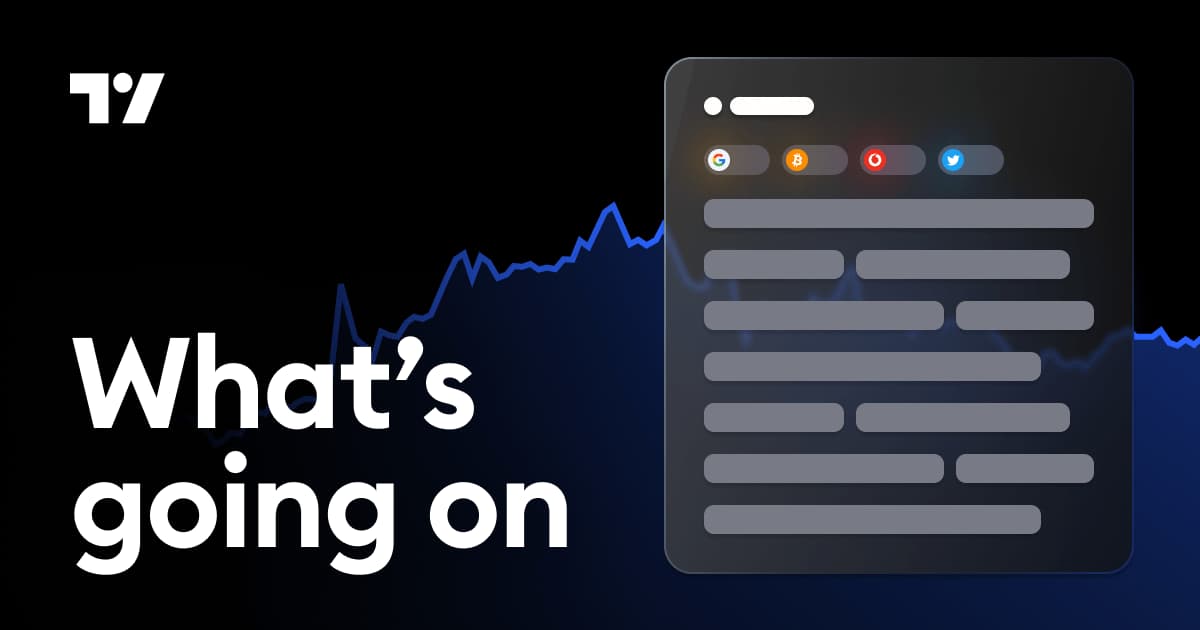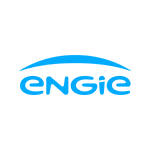Beyond Drug Testing: Exploring The Potential Of Enhanced Athletes In Esports

Welcome to your ultimate source for breaking news, trending updates, and in-depth stories from around the world. Whether it's politics, technology, entertainment, sports, or lifestyle, we bring you real-time updates that keep you informed and ahead of the curve.
Our team works tirelessly to ensure you never miss a moment. From the latest developments in global events to the most talked-about topics on social media, our news platform is designed to deliver accurate and timely information, all in one place.
Stay in the know and join thousands of readers who trust us for reliable, up-to-date content. Explore our expertly curated articles and dive deeper into the stories that matter to you. Visit Best Website now and be part of the conversation. Don't miss out on the headlines that shape our world!
Table of Contents
Beyond Drug Testing: Exploring the Potential of Enhanced Athletes in Esports
The world of esports is booming, attracting millions of viewers and lucrative sponsorship deals. But as the stakes rise, so do concerns about competitive fairness. While traditional sports grapple with performance-enhancing drugs (PEDs), esports faces a unique challenge: the potential for cognitive enhancement through various means, raising questions about what constitutes a "level playing field." This article delves into the emerging debate surrounding enhanced athletes in esports and explores the potential implications.
The Unique Challenges of Esports and Cognitive Enhancement
Unlike traditional sports, esports relies heavily on cognitive skills: reaction time, strategic thinking, hand-eye coordination, and mental endurance. This opens the door to a wider range of potential performance enhancers, beyond the traditional PEDs seen in sports like cycling or athletics. These could include:
- Nootropics: These "smart drugs" claim to boost cognitive function, memory, and focus. Their use in esports is largely unregulated and difficult to detect.
- Stimulants: While regulated in many sports, stimulants like caffeine and amphetamines could provide an unfair competitive advantage in the high-pressure environment of professional esports.
- Ergonomic Enhancements: From specialized gaming chairs and peripherals to advanced training techniques, the line between legitimate performance optimization and enhancement blurs.
- Biofeedback and Neurofeedback: These technologies aim to improve brain function and performance by providing real-time feedback on brainwave activity. Their use in esports is relatively nascent but raises ethical questions.
The Need for a Clearer Definition of "Enhancement"
The core challenge lies in defining what constitutes an unfair advantage. Is a carefully crafted training regimen different from using nootropics? Is access to top-tier equipment inherently unfair to those with fewer resources? These are crucial questions that the esports community needs to address urgently. The lack of a clear definition makes regulation and enforcement extremely difficult.
The Current Landscape of Esports Regulations
Currently, esports organizations have varying approaches to this issue. Some leagues have implemented basic anti-doping policies, often focusing on easily detectable substances like stimulants. However, many lack the sophisticated testing methods needed to detect the subtler forms of cognitive enhancement. This inconsistency undermines the integrity of competition and creates an uneven playing field.
Looking Ahead: The Future of Fair Play in Esports
To maintain the integrity and credibility of competitive esports, a multi-pronged approach is needed:
- Enhanced Testing Capabilities: Investment in research and development of advanced testing methods is crucial to detect a wider range of performance-enhancing substances and techniques.
- Clearer Ethical Guidelines: A standardized code of conduct and ethical guidelines, developed collaboratively by governing bodies, teams, and players, is essential.
- Transparency and Education: Open dialogue and education about the potential risks and ethical considerations associated with performance enhancement are crucial for all stakeholders.
- Collaboration with Scientists and Researchers: Working closely with experts in neuroscience and pharmacology can help inform the development of more effective anti-doping strategies.
Conclusion: A Call for Proactive Measures
The potential for cognitive enhancement in esports presents a significant challenge to the future of competitive fairness. Ignoring this issue risks undermining the integrity of the entire industry. Proactive measures, including enhanced testing, clearer ethical guidelines, and increased transparency, are crucial to ensure a level playing field and protect the future of esports. The time for action is now. What are your thoughts on the future of ethical considerations in professional gaming? Share your views in the comments below.

Thank you for visiting our website, your trusted source for the latest updates and in-depth coverage on Beyond Drug Testing: Exploring The Potential Of Enhanced Athletes In Esports. We're committed to keeping you informed with timely and accurate information to meet your curiosity and needs.
If you have any questions, suggestions, or feedback, we'd love to hear from you. Your insights are valuable to us and help us improve to serve you better. Feel free to reach out through our contact page.
Don't forget to bookmark our website and check back regularly for the latest headlines and trending topics. See you next time, and thank you for being part of our growing community!
Featured Posts
-
 Concussion Recovery Townsend Shares His Journey Back To The Light
May 23, 2025
Concussion Recovery Townsend Shares His Journey Back To The Light
May 23, 2025 -
 Is Coin Market Caps Ai The Key To Discovering The Next Pepecoin
May 23, 2025
Is Coin Market Caps Ai The Key To Discovering The Next Pepecoin
May 23, 2025 -
 Townsends Concussion Experience Lessons Learned And Future Outlook
May 23, 2025
Townsends Concussion Experience Lessons Learned And Future Outlook
May 23, 2025 -
 Is Paramount Censoring South Park Box Set Sales Indicate Fan Backlash
May 23, 2025
Is Paramount Censoring South Park Box Set Sales Indicate Fan Backlash
May 23, 2025 -
 Parasite Directors New Movie Robert Pattinson Confirmed For Cast
May 23, 2025
Parasite Directors New Movie Robert Pattinson Confirmed For Cast
May 23, 2025
